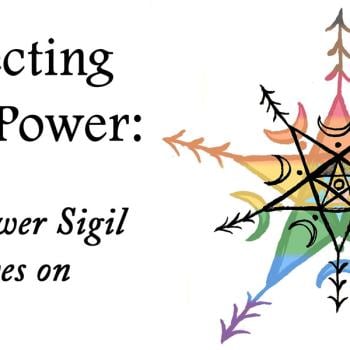I ought not to be neurotic about my mistrust of myself. Rather than turning my attention to myself in neurosis, I must turn my attention to God. I must rest in my trust that he will continue to speak and reveal himself through his Spirit and that I do not know in advance what he will say. I must avoid self-satisfaction and complacency, relying on his arm rather than my own.
Being remade in the image of God is not something over and done once. It is a divine work of a lifetime, a work to which I must continually submit. With my whole being I must continue to listen / obey / keep covenant, confident in God's power to remake me and to work through me. As Mormons say, I must "endure to the end" (e.g., 2 Ne. 31:16).
When Mormons talk about these things, they couch much of what they say in the language of obedience. But grace infuses every step of our understanding of covenant relation with God: he calls us by his grace; he makes it possible for us to hear him by his grace; he has made the way of repentance available through his Son by his grace, by his grace he recreates us.
In spite of what it may sound like to someone else, Mormon talk about obedience does not deny the necessity of God's grace. Instead, as the Book of Mormon teaches, "It is by grace we are saved, after all [i.e., beyond all] we can do" (2 Ne. 25:23).





